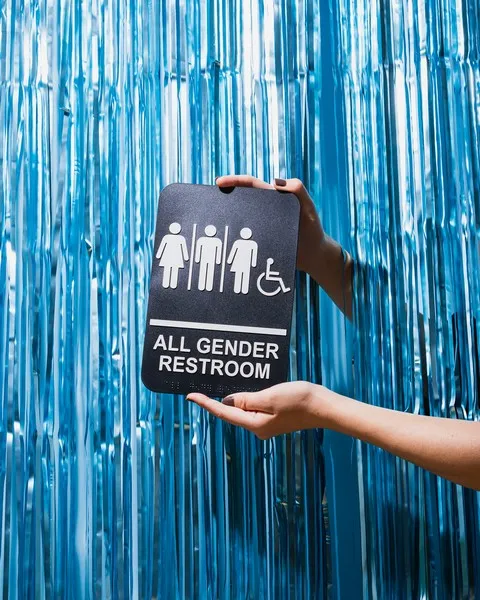Table of Contents
- Historical Context of Sexualization
- Psychological Effects of Sexualization
- Social Consequences of Sexualization
- Media and Sexualization
- Combating Sexualization
- Conclusion
The sexualization of women is a pervasive issue in contemporary society, with significant implications for gender equality, mental health, and social dynamics. This phenomenon, defined by the reduction of women to their sexual attributes or functions, permeates various aspects of life, from media representation to everyday interactions. The following essay aims to explore the impact of sexualization on women, considering the historical context, psychological effects, social consequences, and potential solutions to mitigate its negative impacts.
Historical Context of Sexualization
Early Representation of Women
Historically, the representation of women has often been rooted in patriarchal ideals. In many cultures, women have been depicted primarily as objects of male desire, a trend evident in art, literature, and religious texts. These depictions not only reinforced gender hierarchies but also normalized the objectification of women. For instance, classical art often portrayed women in ways that highlighted their physical beauty and sexuality, while literature frequently framed female characters in terms of their relationships to men.
The Evolution Through Media
With the advent of mass media in the 20th century, the sexualization of women became more widespread and accessible. Advertising, films, and music videos often emphasized and exaggerated female sexuality to attract attention and generate profit. This commercial exploitation of women’s bodies has contributed to a culture where women’s worth is frequently assessed based on their appearance and sexual appeal. The sexual revolution of the 1960s and 1970s, while promoting sexual freedom, also led to increased sexual objectification, blurring the lines between liberation and exploitation.
Psychological Effects of Sexualization
Impact on Self-Esteem and Body Image
One of the most profound psychological impacts of sexualization is on women’s self-esteem and body image. Constant exposure to idealized and often unrealistic images of female bodies can lead to dissatisfaction with one’s own appearance. Studies have shown that women who frequently consume media that sexualizes women are more likely to experience body shame and engage in harmful behaviors such as disordered eating. The pressure to conform to these narrow beauty standards can erode self-confidence and lead to long-term mental health issues.
Internalization of Objectification
The concept of self-objectification is crucial to understanding the psychological toll of sexualization. When women internalize the societal view that their primary value lies in their sexual appeal, they begin to see themselves through an external lens. This self-surveillance can result in chronic anxiety, reduced cognitive performance, and decreased engagement in activities unrelated to appearance. Moreover, self-objectification is linked to depression, sexual dysfunction, and lower overall well-being, highlighting the pervasive impact of sexualization on mental health.
Social Consequences of Sexualization
Gender Roles and Stereotypes
Sexualization reinforces traditional gender roles and stereotypes, limiting women’s opportunities and freedoms. By emphasizing women’s sexual appeal, society often marginalizes their intellectual and professional capabilities. This can result in fewer opportunities for women in leadership roles and high-status occupations, perpetuating gender inequality. Moreover, sexualization fosters a culture that trivializes women’s contributions outside of their appearance, reinforcing the notion that women’s primary role is to be attractive to men.
Sexualization in Interpersonal Relationships
Get the full article AD FREE. Join now for full access to all premium articles.
View Plans & Subscribe Already a member? Log in.





